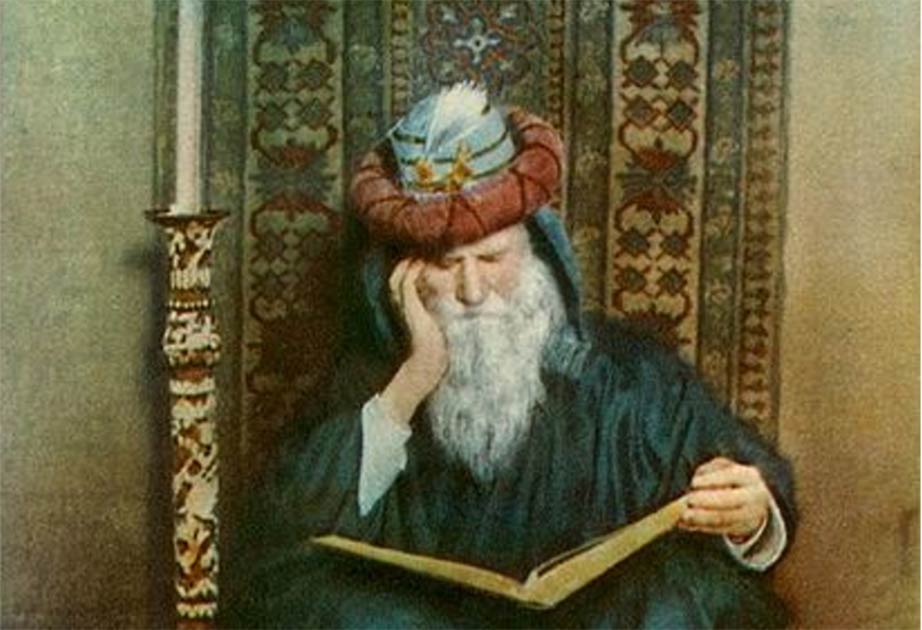Omar Khayyam was a Persian mathematician, astronomer, philosopher, and poet. He was born in Nishapur, in northeastern Khorosan, and was contemporary with the rule of Seljuks around the same time the First Crusade unfolded. (1048 –1131)
- As a mathematician, he was the first one to think about the ‘Saccheri quadrilateral’ in the 11th century. His famous works, include ‘Treatise on Demonstration of Problems of Algebra. He discovered about Pascal’s triangle and triangular array of binomial coefficients. In 1077, he published a book on non-euclidean geometry ‘Sharh ma ashkala min musadarat kitab Uqlidis’ meaning ‘Explanations of the Difficulties in the Postulates of Euclid’. This was later translated in English ‘On the Difficulties of Euclid’s Definitions’. He also wrote ‘Problems of Arithmetic’, a book on music and algebra.
- As an astronomer, he designed the Jalali calendar, a solar calendar with a very precise 33-year intercalation cycle that provided the basis for the Persian calendar that is still in use after a millennium since his works.

- As a poet, he wrote more than a thousand quatrains (rubāʿiyāt). Literal reading of his poetry leads to the interpretation of his philosophic attitude toward life as a combination of pessimism, nihilism, Epicureanism, fatalism, & agnosticism. His poetry became widely known to the English-reading world in a translation by Edward FitzGerald (Rubaiyat of Omar Khayyam, 1859).

